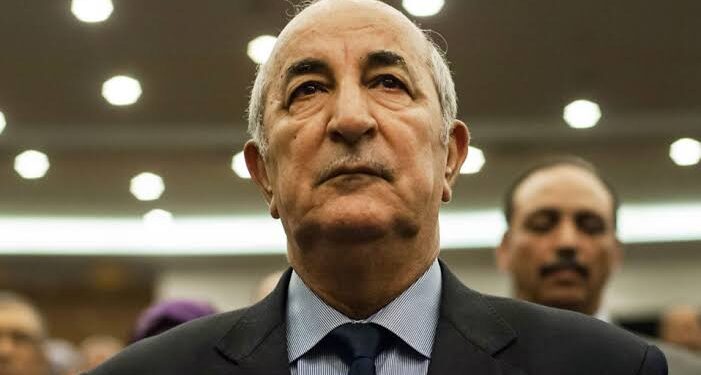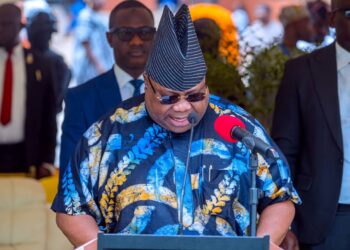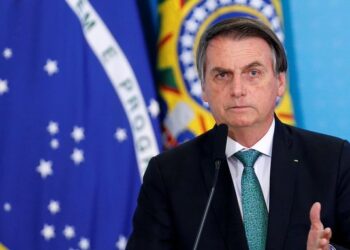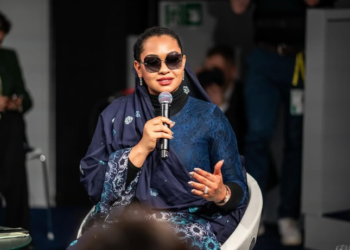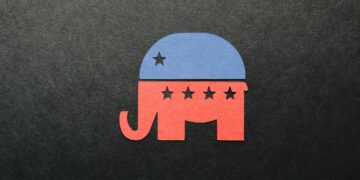Algeria’s presidential election has unsurprisingly reaffirmed Abdelmadjid Tebboune’s grip on power, with a jaw-dropping 95% of the vote going his way, according to the electoral authority ANIE. It’s almost as if this was a contest, but not really. Out of 5,630,000 voters, 5,320,000 apparently saw no issue with casting their ballot for the 78-year-old incumbent, leaving his so-called opponents in the dust. The announcement was made by ANIE head Mohamed Charfi, who confidently touted the transparency of the election as if everyone had somehow missed the glaring predictability of the outcome.
Why It Matters
In this “democratic spectacle,” Tebboune faced off against two giants, Abdelaali Hassani, a moderate Islamist, and Youcef Aouchiche, a socialist candidate. Hassani is 57 years old and Aouchiche just 41, both presumably hoping for a miracle in an election where the only suspense was about the turnout. Charfi, with a straight face, declared the election “a reflection of the people’s electoral maturity.” Yet, tellingly, he conveniently sidestepped any mention of the official turnout, which would have provided some context to Tebboune’s “landslide victory.”
This isn’t Tebboune’s first time. In 2019, he was “elected” with the lowest voter turnout in Algeria’s history, thanks to the widespread boycotts and the Hirak pro-democracy protests. He’s back now, probably hoping for more participation from the people, but that doesn’t seem to be the case. The turnout rate, teased at a “provisional” 48%, feels more like a guess than an actual count. It’s almost as if ANIE knew what the result would be before anyone showed up to vote.
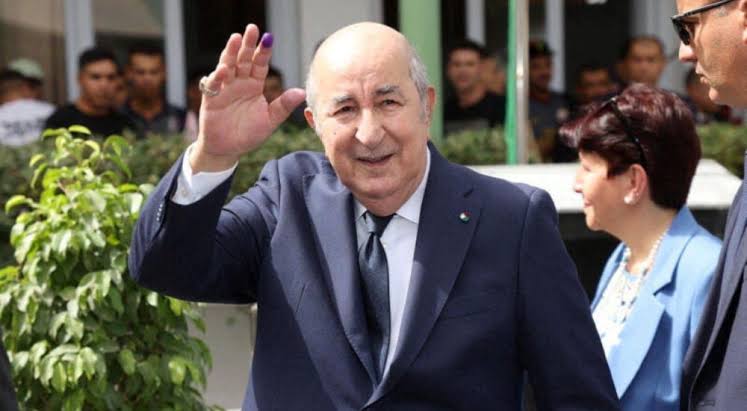
By 5:00 pm, ANIE reported an “average” participation rate of 26%, which isn’t much to write home about, especially when you compare it to the 33% at the same time in 2019. The numbers trickled in slower than expected, and ANIE delayed its final announcement by a good three hours. All eyes were on the turnout rate, which was expected to be Tebboune’s biggest challenge in an election where his re-election was as good as confirmed.
What They Are saying
Unsurprisingly, Hassani wasn’t buying it. His campaign wasted no time in calling out the fishy turnout numbers, describing them as “strange” and accusing ANIE of inflating the results. It’s not like anyone thought Tebboune was going to lose, but even the semblance of fairness seemed out of the window this time. Hassani, leader of the moderate Islamist party Movement of Society for Peace, and Aouchiche of the Socialist Forces Front, probably knew this was a David vs. Goliath situation, but even David had a fighting chance.
Bottom Line
In the end, the election did little more than reinforce Tebboune’s dominance while casting a shadow of doubt over Algeria’s democratic process. With such overwhelming numbers, one has to wonder: Was this an election, or simply a confirmation of what everyone already knew? Either way, the people of Algeria will have to wait for another day to see any real competition. Meanwhile, Tebboune is set to continue his reign, and the rest of us are left questioning the legitimacy of a “victory” that was never really in doubt.

